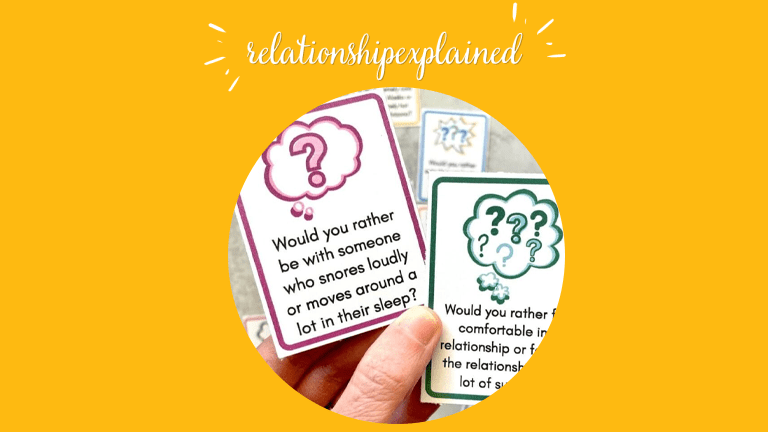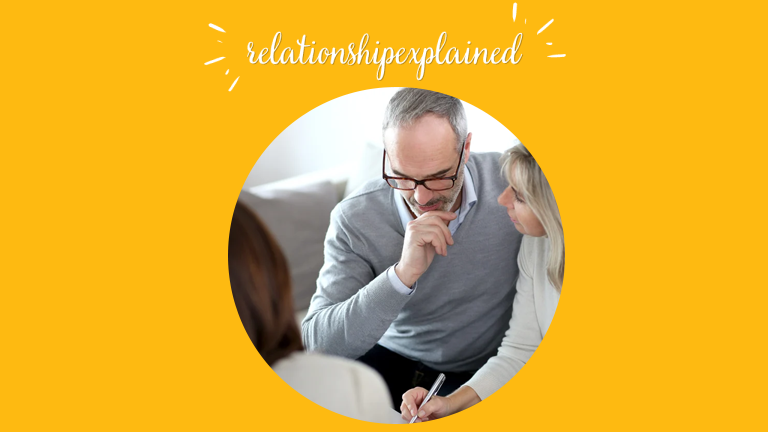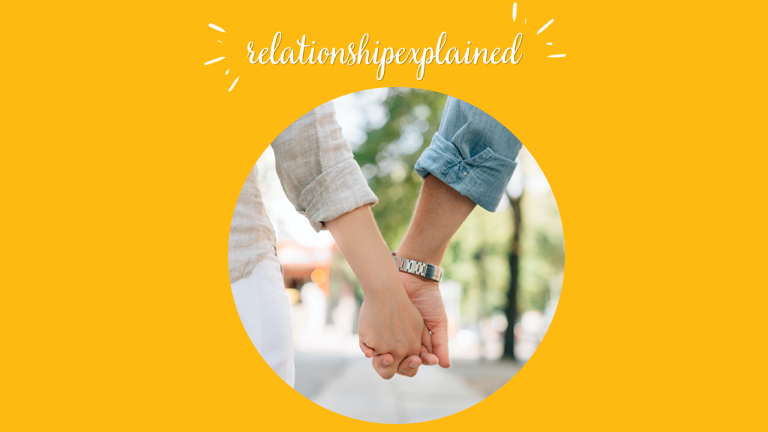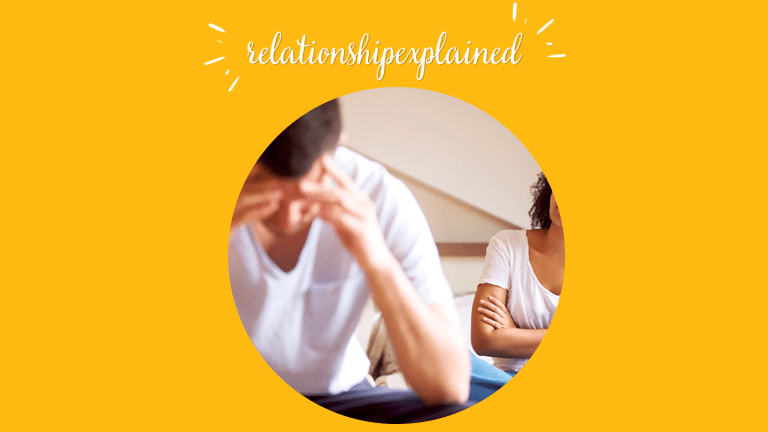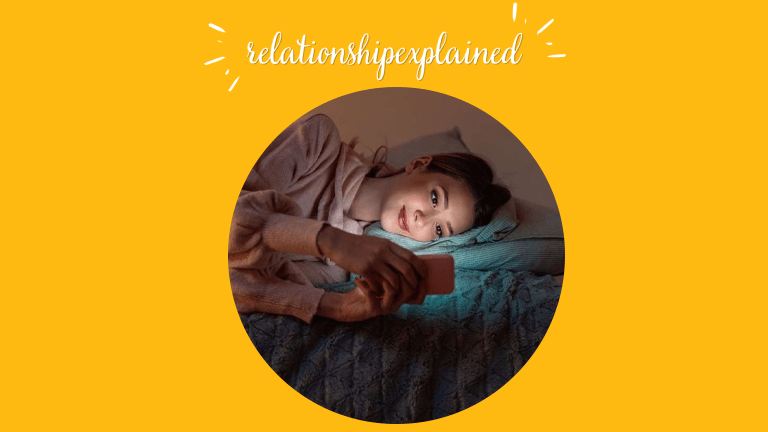When I Drink, I Get Angry At My Boyfriend
The dynamic between alcohol and emotions comes to light in the phrase, "When I Drink, I Get Angry at My Boyfriend." Unveiling the complexities of how alcohol amplifies emotions, this topic emphasizes the need for open communication, self-awareness, and healthy coping strategies to maintain harmonious relationships amidst such challenges.
Two pegs down, and you’re already at your boyfriend’s throat - does this happen quite often?
Well, alcohol has this effect on most people. You may be the best person on earth, and suddenly, you turn into a different person who gets angry at everything, especially your boyfriend.
Navigating the delicate balance between alcohol consumption and a harmonious relationship is a challenge many face. The unsettling scenario of feeling anger towards a partner after drinking alcohol raises questions about the impact of alcohol on emotional dynamics.
In this article, we explore the intricate connection between drinking habits and relationship health, shedding light on the potential for discord. From addressing the alarming link between alcohol and intimate partner violence to discussing strategies for curbing “angry drunk” tendencies, we’ll help decipher the influence of alcohol on our emotions.
By examining ways to stop drinking altogether and considering the impact of too much alcohol on mental health, here’s how you can maintain a healthy relationship in the face of a drinking problem.
When I Drink, I Get Angry At My Boyfriend - 7 Reasons Why
1. Emotional Unmasking
When alcohol enters the equation, the intricate dance between our emotions and inhibitions takes center stage. Under its influence, the barriers that usually guard our authentic feelings become porous, allowing suppressed emotions to surge forth.
Unspoken frustrations or lingering resentments within a toxic relationship might seize this opportunity to make their presence known, manifesting as anger directed towards your boyfriend. Navigating this phenomenon demands introspection and communication.
Acknowledging these emotions during moments of sobriety can prevent their recurrence, providing a chance to address the root causes and mend the emotional fabric of the relationship.
2. Loss Of Control
Alcohol wields the power to impair judgment and shatter self-restraint. The result? The individual may lose control over their actions and reactions, leading to behaviors that may not align with their true character.
They may not be a “bad” person, but their drunk version tends to burst in anger, leaving their boyfriend caught in the crossfire. Such instances can evoke feelings of frustration, regret, and shame, as they don't accurately reflect your genuine intentions.
To mitigate these volatile moments, cultivating strategies for emotional management and restraint becomes paramount.
3. Relationship Problems
Picture this: a relationship is a delicate ecosystem that thrives on open communication and mutual understanding. Introduce alcohol into this mix, and existing fault lines can deepen.
Communication breakdowns, unresolved trust issues, or simmering tensions may bubble to the surface with greater intensity, triggering fiery conflicts. The result? Anger finds a fertile breeding ground.
Recognizing this dynamic enables proactive efforts to address these underlying issues, fostering an environment where alcohol doesn't become the catalyst for relationship turbulence.
4. Incompatibility With Partner's Drinking Habits
The rhythm of a relationship often hinges on harmony and shared experiences. However, disparities in drinking patterns between partners can disrupt this equilibrium.
Observing your boyfriend transform due to alcohol-induced changes might spark feelings of frustration or confusion, potentially escalating into anger. Bridging this gap necessitates open conversations about expectations, boundaries, and the role of alcohol within the relationship.
Finding common ground can prevent feelings of alienation and mitigate the emergence of anger as a reaction.
5. Substance Abuse
Enter the realm of substance abuse, where the line between controlled behavior and chaos blurs. Alcohol's intoxicating influence can amplify pre-existing toxic tendencies, potentially leading to emotional abuse or even escalating into domestic violence.
When anger is fueled by substances, the aftermath can be particularly destructive. Acknowledging the gravity of this situation and seeking professional intervention becomes imperative for the well-being of both partners and the relationship itself.
6. Unresolved Family Issues
Our past experiences cast long shadows, often shaping our present drunken behavior. If your upbringing involved witnessing alcohol-fueled anger or domestic disturbances, these memories might unconsciously resurface in your current relationship.
The mere presence of alcohol brings emotional responses linked to your family history, leading to heightened anger within your relationship. Recognizing these echoes from the past empowers you to separate historical baggage from the present, enabling healing and growth.
7. Personal Insecurities
Self-esteem acts as a delicate thread that weaves through our emotional landscape. Alcohol's influence can magnify personal insecurities, casting doubt on your self-worth and igniting jealousy or feelings of abandonment.
Seeing your partner engage socially as they drink alcohol might intensify these emotions, morphing them into resentment and anger. Confronting these insecurities head-on, both individually and as a couple, empowers you to bolster self-esteem and promote a more supportive and understanding romantic relationship.
While curbing alcohol consumption can mitigate anger's impact, the journey towards a healthier dynamic involves addressing the root causes. By embracing open communication, self-awareness, and professional guidance, you can foster a connection that thrives on understanding and empathy rather than the tempestuous flames of anger.
How To Curb Anger Problems After Drinking
1. Self-Reflection And Communication
Embarking on the journey to mend anger exacerbated by alcohol entails a multifaceted process that begins with profound self-reflection. Investigate the intricate interplay of emotions and triggers that anger when alcohol enters the scene.
This endeavor, though introspective, is essential to unraveling the underlying complexities driving your reactions. Equipped with these insights, communicate openly and authentically with your partner.
Sharing your newfound awareness about the link between alcohol consumption and your emotional responses creates a foundation of understanding, setting the stage for a partnership that values mutual growth and emotional well-being.
2. Quit Drinking
If alcohol makes you angry, consider a transformative choice, i.e., stop drinking once and for all. Concede the role that alcohol plays in exacerbating your emotional landscape, acknowledging its impact on your emotional equilibrium.
Quitting alcohol signifies an intention to regain control over your emotional responses and embrace healthier coping mechanisms. Extend this decision to your partner, close friends, and loved ones, involving them in your commitment to positive change.
3. Seek Professional Help
Managing anger entwined with alcohol's influence is a nuanced endeavor that often benefits from professional guidance. Reach out to a good therapist or counselor to discuss ways to deal with your anger, delving into its roots and identifying tailored coping strategies.
These professionals possess the expertise to guide you through the intricate process of emotional regulation, empowering you to address anger constructively. Their insights equip you with valuable tools to navigate anger's complexities. This brings about a sustainable change that enriches your emotional health and enhances the fabric of your relationship.
4. Establish Healthy Coping Mechanisms
Replacing alcohol with healthier coping mechanisms is pivotal. Engage in activities that foster relaxation and mental well-being, such as practicing mindfulness, pursuing hobbies that bring joy, regular exercise, or nurturing relationships with loved ones. These alternatives provide effective channels to manage stress and emotions without resorting to alcohol.
This transition allows you to build emotional resilience while embracing activities that contribute to your overall well-being.
5. Identify Triggers And Develop Strategies
Dive into the specifics of the triggers that propel your anger when alcohol is in the equation. Collaborate with your partner to devise strategic approaches to navigate these triggers.
This might entail establishing boundaries, exploring alternative activities that redirect your focus, or creating an environment that mitigates exposure to triggering situations. By working together, you demonstrate your commitment to nurturing a healthier relationship dynamic while addressing the root causes of your anger.
6. Build A Supportive Network
Harness the power of a supportive network by sharing your journey of addressing anger.
Talk to friends and loved ones about your decision to quit alcohol and actively work on managing your emotional responses. Their encouragement and understanding can be a source of strength during moments of challenge.
Embracing this network serves as a reminder that you're not navigating this path alone and builds up your dedication to lasting transformation.
7. Embrace Personal Growth
Overcoming anger tied to alcohol encompasses a profound journey of personal growth. Throughout this process, you'll uncover insights about your emotions, illuminate relationship dynamics, and identify personal triggers. Embracing this opportunity for self-improvement extends beyond managing anger—it encompasses fostering holistic transformation that benefits both you and your partnership.
By striving to become the best version of yourself, you amplify your commitment to constructing a life characterized by emotional equilibrium and harmonious relationships.
Amidst this transformative journey, remember that change is a gradual process. Through introspection, professional guidance, and open dialogue, you can disentangle the threads of anger interwoven with alcohol, paving the path towards emotional stability and cultivating a richer, more fulfilling relationship.
How To Deal With Someone Who Suffers From Anger Issues And High Alcohol Consumption
1. Open Dialogue
Initiate candid conversations focused on untangling the intricate relationship between alcohol and anger.
Approach this dialogue with compassion, aiming to genuinely understand their perspective. Don’t outright blame them for indulging in alcoholic drinks or lash at them based on just what you think. Instead, share your observations regarding how alcohol appears to magnify their anger and openly express how this phenomenon affects the dynamics of your relationship.
2. Encourage Professional Help
Approach the suggestion of seeking professional assistance with empathy. Gently propose therapy or counseling as a comprehensive approach to addressing both their alcohol consumption and anger. Also, emphasize on the fact that there is nothing wrong with seeking professional guidance - in fact, it is normal.
Highlight the specialized expertise these professionals possess in offering tailored coping mechanisms, dissecting intricate triggers, and guiding them toward cultivating healthier patterns of behavior and emotional regulation.
3. Set Boundaries
Establish clear and respectful boundaries that describe socially acceptable behavior, particularly in situations involving alcohol. Thoughtfully communicate your expectations, emphasizing how their conduct influences not only your own well-being but also the overall health of the relationship itself.
4. Offer Support
Extend unwavering support throughout their transformative journey. Convey that their inherent value transcends moments of intoxicated behavior, reinforcing their capacity for growth, positive transformation, and becoming the best version of themselves.
5. Plan Sober Activities
Actively engage in activities that don't revolve around alcohol, showcasing that enjoyable experiences can be shared without relying on substances. This highlights the richness of interactions beyond the influence of alcohol.
6. Address Underlying Issues
Approach the exploration of potential emotional triggers behind their anger and excessive drinking habits with empathy and patience. Encourage them to embark on a journey of introspection, recognizing that addressing these root causes can lead to healthier outlets and more constructive coping mechanisms.
7. Practice Self-Care
Prioritize your own emotional well-being by establishing self-care routines and seeking support from friends or professionals. Set and uphold boundaries that safeguard you from the negative impacts of their toxic behavior. You must reaffirm your commitment to maintaining your mental and emotional equilibrium while navigating the complexities of supporting someone dealing with drinking and anger issues.
Remember, dealing with someone who struggles with drinking and anger issues is a difficult process. By approaching the situation with empathy, open communication, and a commitment to their well-being, you can contribute to their journey of positive change while safeguarding your own emotional equilibrium.
Conclusion
Recognizing that alcohol can cause anger emphasizes its strong influence on how we behave and interact with others. Understanding that drunk behavior can amplify emotions, including anger, is a crucial step toward fostering healthier relationships.
Whether it's through open communication, seeking professional guidance, or practicing emotional regulation, there are a few ways to address this challenge. Remember, recognizing the link between alcohol-induced anger and its effects on relationships unveils an opportunity for growth and positive change.
By acknowledging our true feelings, setting boundaries, and learning to manage the potential loss of control, we embark on a journey toward a more harmonious and fulfilling partnership. As we navigate the complexities of emotions and alcohol, let this awareness guide us in fostering relationships that are built on understanding, empathy, and genuine emotional connection.





